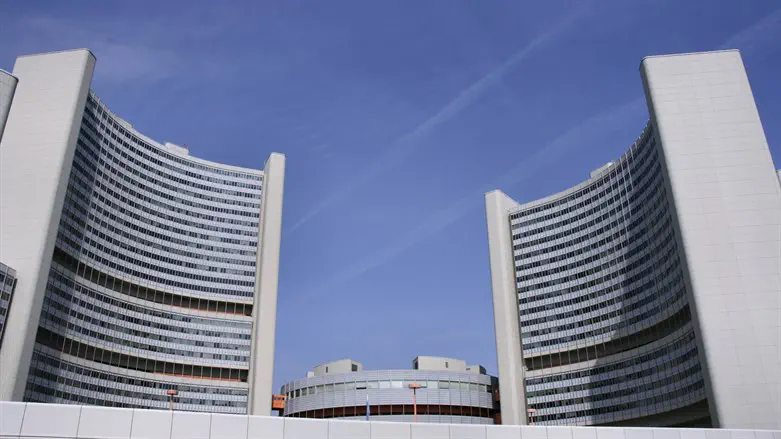
The board of the International Atomic Energy Agency (IAEA) on Thursday issued a strong condemnation of Iran for its lack of full cooperation with the agency, The Associated Press reported.
This marks the second time in five months that the IAEA has taken such a step against Tehran.
The IAEA urged Iran to address longstanding questions in its investigation into uranium particles detected at two undeclared locations. These sites, Varamin and Turquzabad, are suspected to have been part of undeclared nuclear activities.
The board’s resolution called on Iran to provide “technically credible explanations” for the particles and clarify the origin and current location of the nuclear material, stating this would help confirm that “Iran’s nuclear program is exclusively peaceful.”
19 of the IAEA board’s 35 members voted in favor of the resolution, while Russia, China, and Burkina Faso opposed it. 12 members abstained, and one did not vote, according to diplomats familiar with the closed-door proceedings. The resolution was put forward by France, Germany, and Britain with US backing.
This latest resolution follows an IAEA report earlier in the week stating that Iran has expanded its stockpile of uranium enriched to near weapons-grade levels. As of October 26, Iran had accumulated 182.3 kilograms of uranium enriched up to 60%, a 17.6-kilogram increase since the agency's August report. Uranium enriched to 60% is just a technical step away from weapons-grade purity of 90%.
The resolution also requires the IAEA to produce a “comprehensive and updated assessment” of Iran’s nuclear activities by spring 2025. Such an assessment could lead to the UN Security Council considering additional sanctions on Iran.
It also highlighted the possibility of triggering sanctions against Iran before October 2025, when the 2015 nuclear deal is set to expire. European nations may use the IAEA’s findings to take further action against Tehran.
The resolution was submitted even after the head of the UN nuclear watchdog, Rafael Grossi, acknowledged a "concrete step" by Iran to limit its uranium stockpile.


